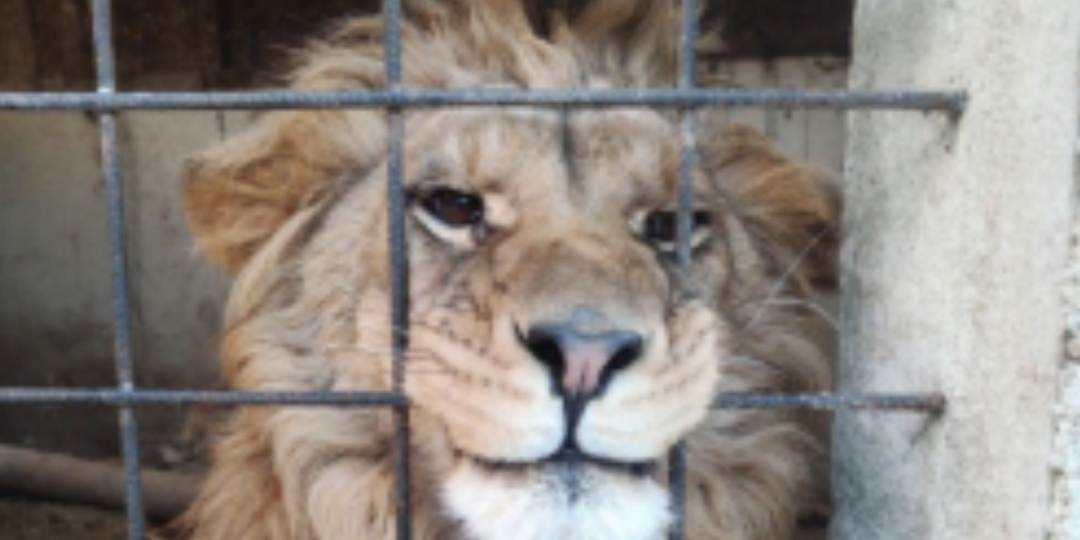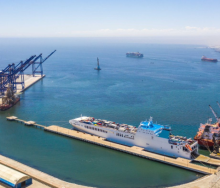Nearly 20 000 live animals, all endangered or protected species, have been seized in a global operation against wildlife and forestry trafficking networks, jointly coordinated by the World Customs Organization (WCO) and Interpol.
Operation Thunder 2024 (November 11 –December 6) brought together customs, police, border control, forestry and wildlife officials from 138 countries and regions, marking the widest participation since the first edition in 2017.
Authorities arrested 365 suspects and identified six transnational criminal networks suspected of trafficking animals and plants protected by the Convention on International Trade in Endangered Species of Wild Fauna and Flora.
These species are illegally trafficked to meet specific market demands, whether for food, perceived medicinal benefits, “luxury” and collector items or as pets and competition animals.
The live animals, which included big cats, birds, pangolins, primates and reptiles, were rescued in connection with 2 213 seizures made worldwide.
Where possible, wildlife forensic experts collected DNA samples before transferring the animals to conservation centres, where their health was assessed while awaiting repatriation or rehabilitation, in line with national frameworks and relevant protocols.
The collection of DNA is a crucial part of supporting prosecutions, as it helps confirm the type of species and its origin or distribution, shedding light on new trafficking routes and emerging trends.
In addition to the live animals, participating countries seized hundreds of thousands of protected animal parts and derivatives, trees, plants, marine life and arthropods.
Timber cases represent the most significant seizures, primarily occurring in sea cargo container shipments, while most seizures involving the other categories of goods took place at airports and mail-processing hubs.
Some authorities also investigated online trade and found suspects using multiple profiles and linked accounts across social media platforms and marketplaces to expand their reach.
Authorities also identified more than 100 companies involved in the trafficking of protected species.
Among the significant seizures were 5 193 live red-eared ornamental slider turtles concealed in passenger suitcases which arrived from Malaysia at Chennai Airport and one tonne of sea cucumbers, considered a seafood delicacy, smuggled from Nicaragua into the United States.
Regular operations such as Thunder enable investigators to build a comprehensive global intelligence picture and detailed offender profiles, significantly enhancing the effectiveness of enforcement efforts and resolution of cross-border cases.
Ahead of the operation, countries exchanged actionable intelligence on ongoing cases and high-value targets, updating critical information on 21 Interpol Red Notices for suspected traffickers wanted internationally. This exchange continued throughout the operation, with officers using the secure channels provided by both the WCO and Interpol to communicate in real-time.













